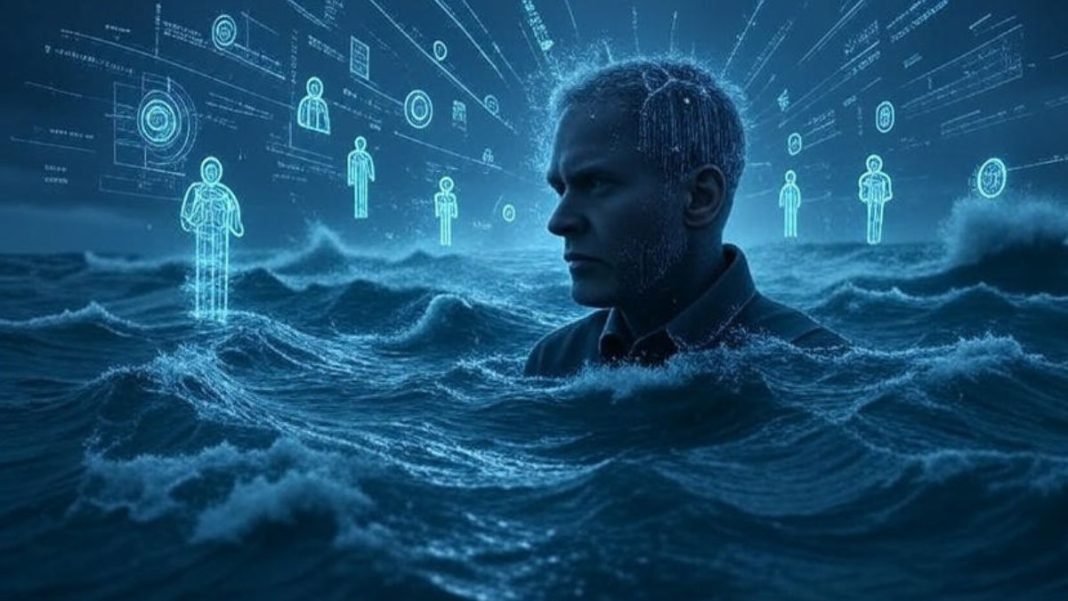We live in an era where information is not just abundant—it is relentless. From cutting-edge artificial intelligence to loud, self-proclaimed philosophers, we are constantly surrounded by a storm of data, opinions, and narratives. With every scroll, swipe, and click, we consume content that subtly or overtly shapes our perceptions, beliefs, behaviours—and even our personality as a whole.
But amidst this overwhelming world of information, a critical question emerges: Who is accountable for this deluge of data? Who classifies it, filters it, and decides what is right and what is wrong? In the past, information was limited and curated by scholars, journalists, or governments. Today, everyone is a publisher, philosopher, journalist—and beyond. Truth itself has become a contested domain.
This reality calls for serious reflection. We are often fed content so well-crafted and widely disseminated that the truth begins to look like a mirage, while carefully constructed illusions masquerade as universally accepted facts. As a result, misinformation often spreads faster than verified knowledge. Opinions are amplified as facts, and the lines between truth and fiction blur alarmingly.
The deeper issue is not merely the volume of data, but our ability—or inability—to discern and interpret it. In a time where narratives can be manipulated by algorithms, generated by artificial intelligence, and broadcast globally in seconds, the responsibility for critical analysis has never been more urgent.
So, who can we trust with the task of filtering and verifying information? Governments are frequently entangled in political agendas. Technology companies often operate under profit-driven motives. Can we then rely on educators, philosophers, or civil society? Even these institutions—noble as they may be—face their own limitations and biases, which at times lead to failure.
The truth is, no single entity can—or should—bear this responsibility alone. The solution lies in a collective societal shift: one that emphasizes media literacy, critical thinking, and ethical responsibility at every level—from schools to digital platforms to public discourse. Each individual must be equipped not just to consume information, but to question it, analyze it, and, when necessary, challenge it.
In a world flooded with noise, silence is no virtue—discernment is. And in this age of information, the ability to distinguish between what is real and what is manufactured may be the most essential skill of all.
Tailpiece:
The time has come not just to ask who controls the information we consume—but to take responsibility ourselves. It is vital for the intellectual cream layer and thought leaders of society to rise, speak out, and guide public understanding. We must not remain mute spectators. Instead, we must raise genuine issues and follow structured channels to get concerns addressed.
Let us make it a principle in life that whenever we read, hear, or share anything, we must verify its authenticity, refrain from sharing unless we are certain and be humble and respectful when discussing differing views.


